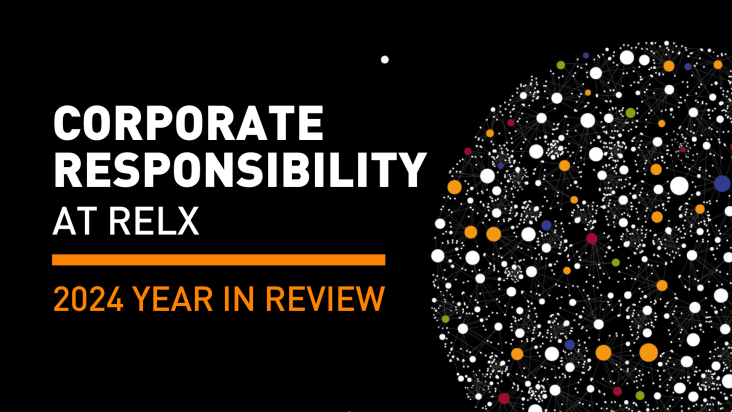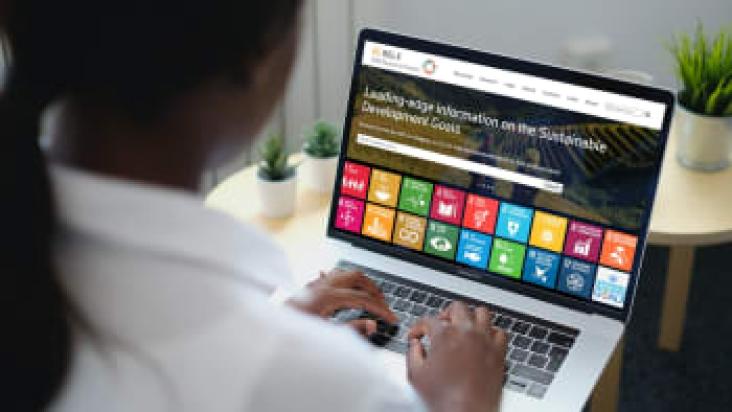
Corporate Responsibility (CR) starts with the positive impact RELX has on society through our products and services.

LexisNexis UK hosted a panel discussion in collaboration with International Law Book Facility (ILBF) to explore The Rule of Law: what will it look like in 20 years’ time?

IBA 50:50 by 2030 Progress Report was released by the IBA Legal Policy & Research Unit (LPRU) in collaboration with the LexisNexis Rule of Foundation

In this round up of 2024, we share the Special Collections published on the SDG Resource Centre throughout the year, featuring more than 800 research articles and book chapters made freely available to advance knowledge and accelerate the achievement of the United Nations Sustainable Development Goals by 2030.

The UNGC's latest report on “Accelerating Innovation in Sustainable Finance” offers models for businesses on how to deliver financial returns and positive global impact – together.





